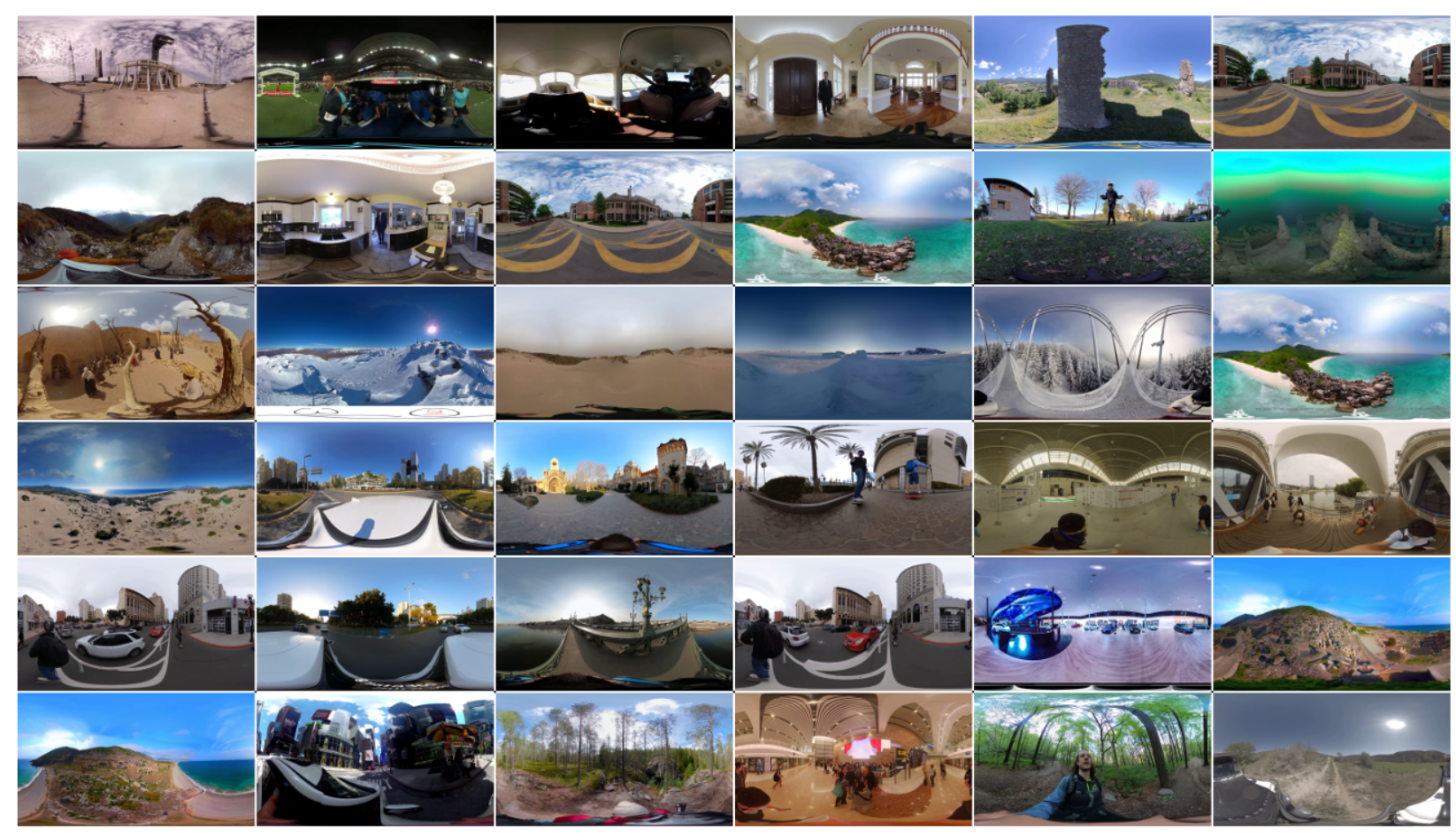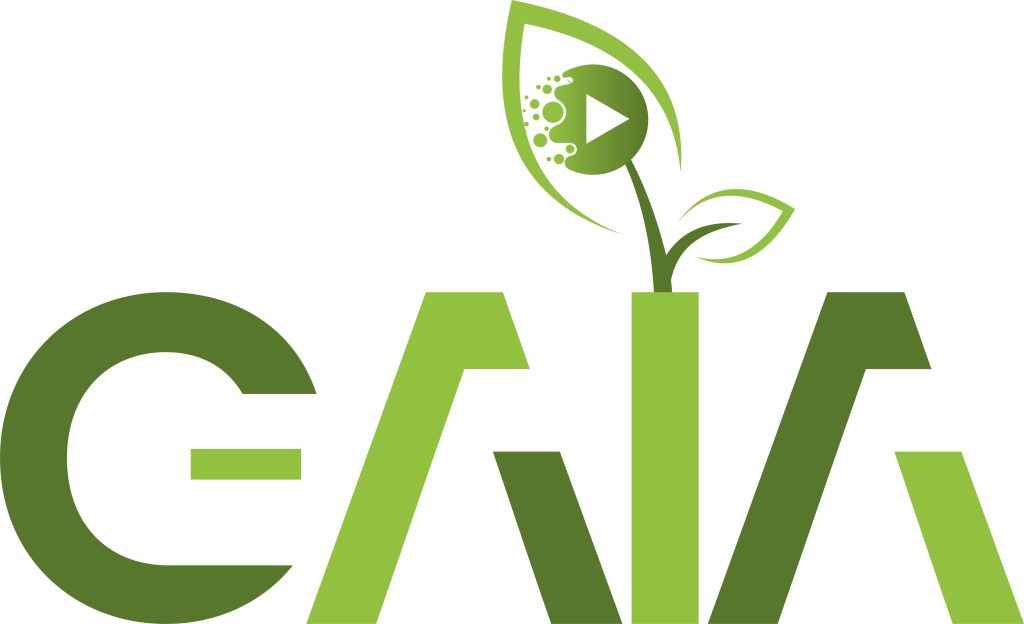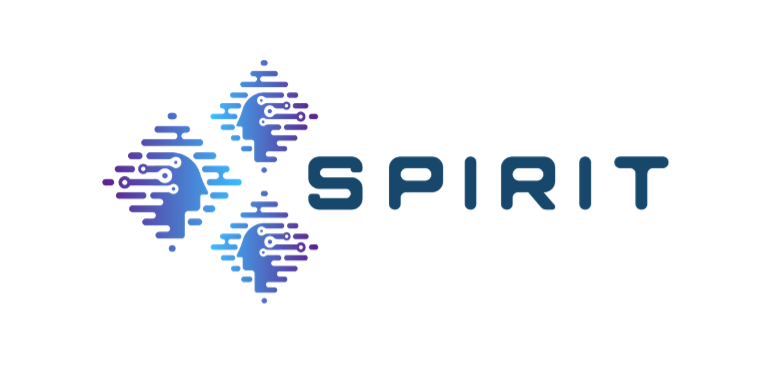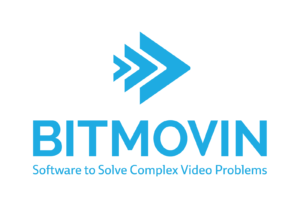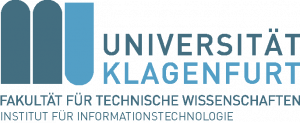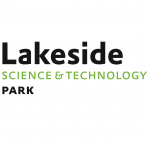The Klagenfurt University (AAU) made a strong impression at the 2024 Lange Nacht der Forschung (Long Night of Research) held at Klagenfurt University and Lakeside Park on May 24th, attracting over 8,000 visitors. The Athena Lab, a leading research group within AAU, particularly impressed visitors with its three interactive stations – ATHENA (L20), GAIA (L21) and SPIRIT (L22) – showcasing its work at the forefront of technology and sustainability.
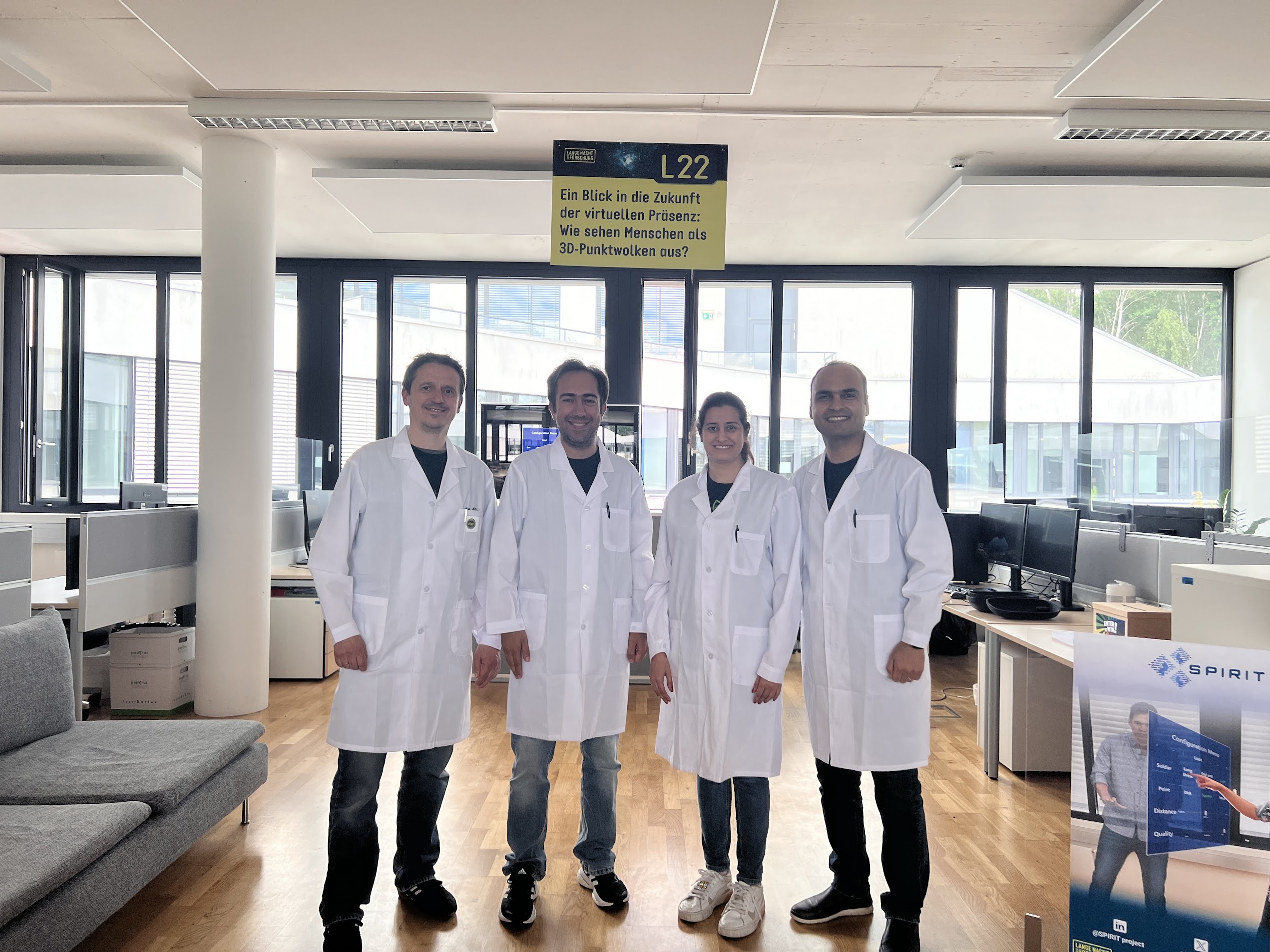
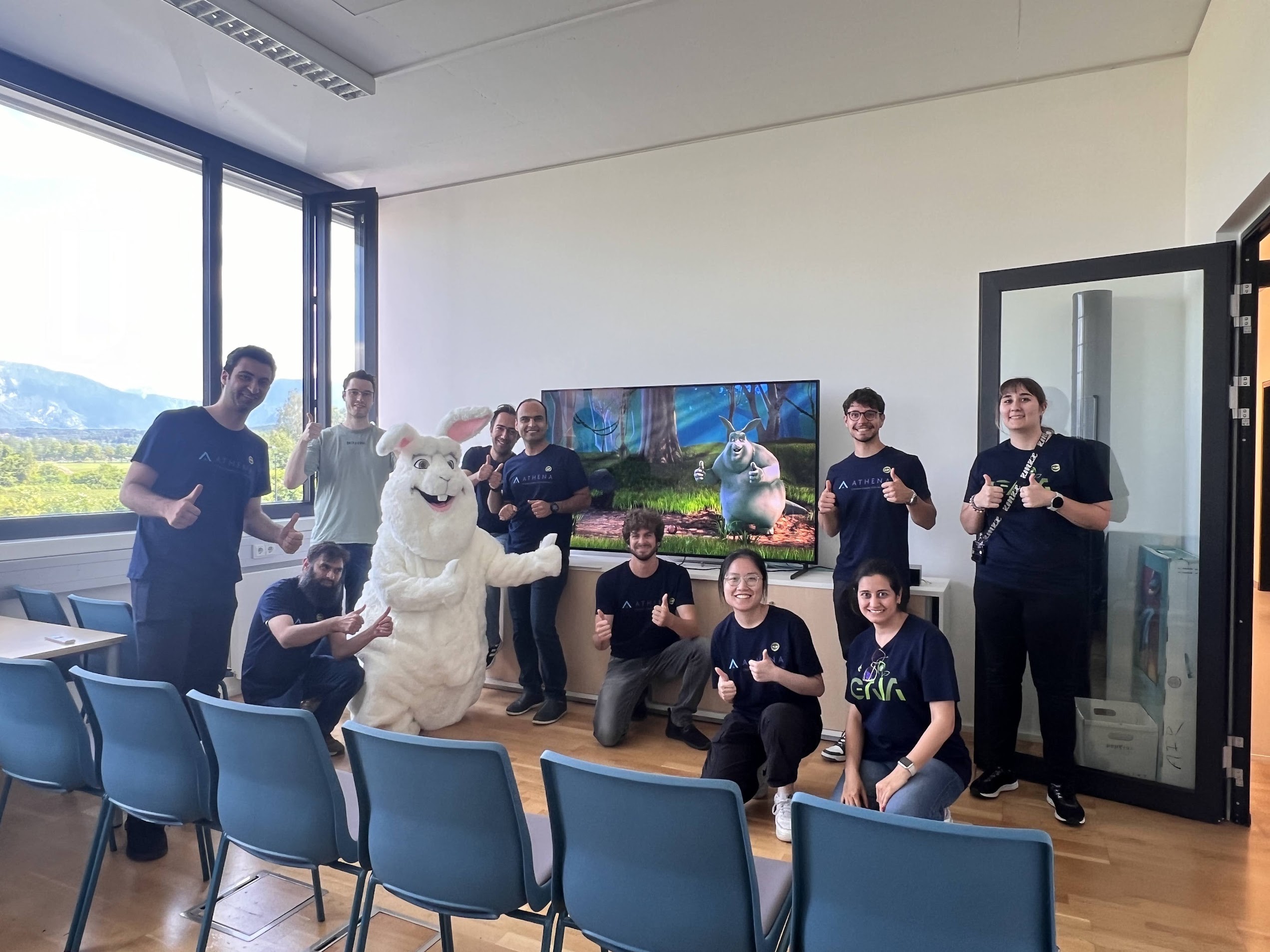
ATHENA: L20 – How does video work on the Internet?
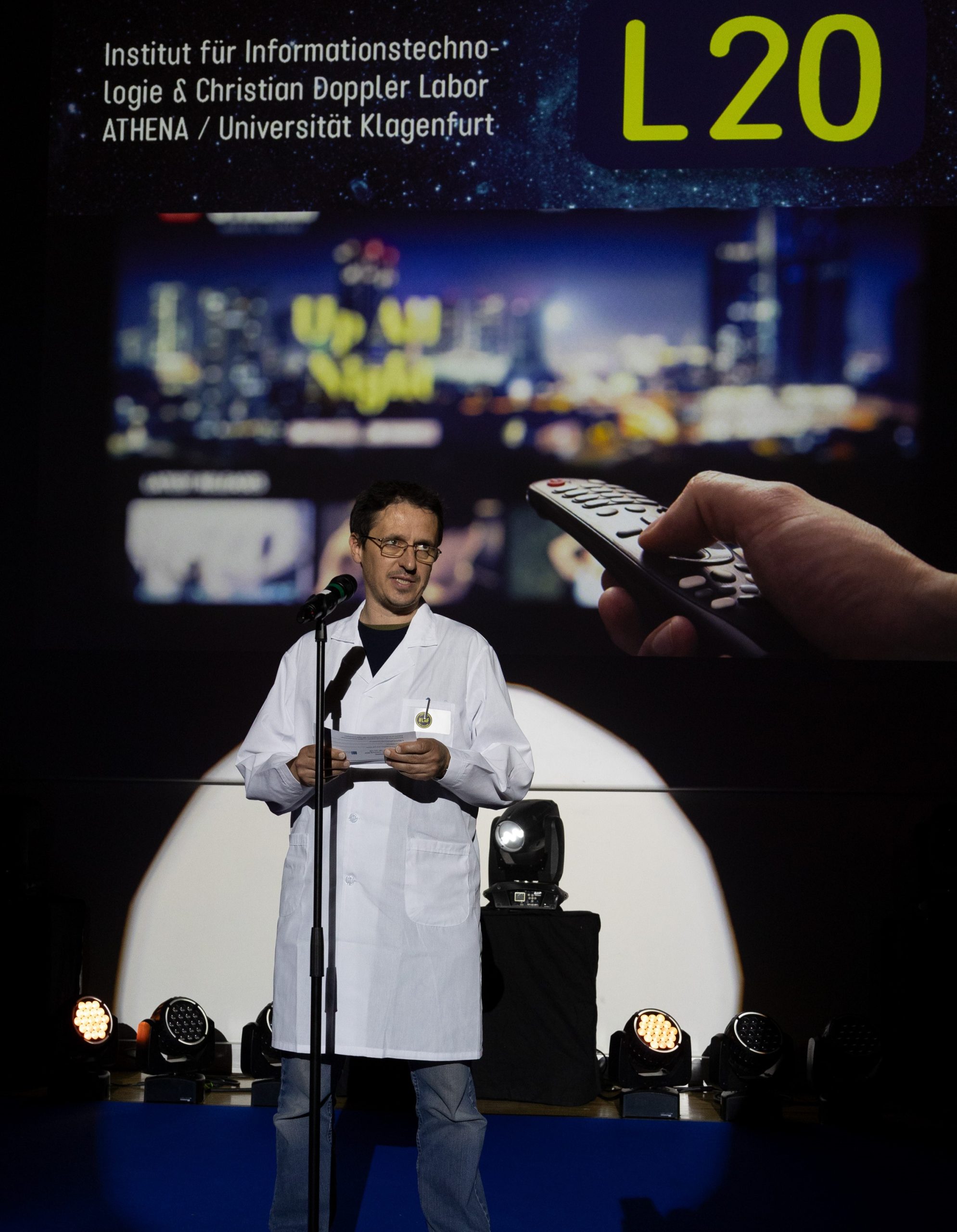
The ATHENA (L20) station explored the world of video streaming. Visitors learned how content travels from its source to their devices. Through interactive displays, they learned how innovative technologies ensure videos stream quickly and in the best quality possible, reaching Smart TVs seamlessly.
GAIA: L21 – Greener Video Streaming for a Sustainable Future
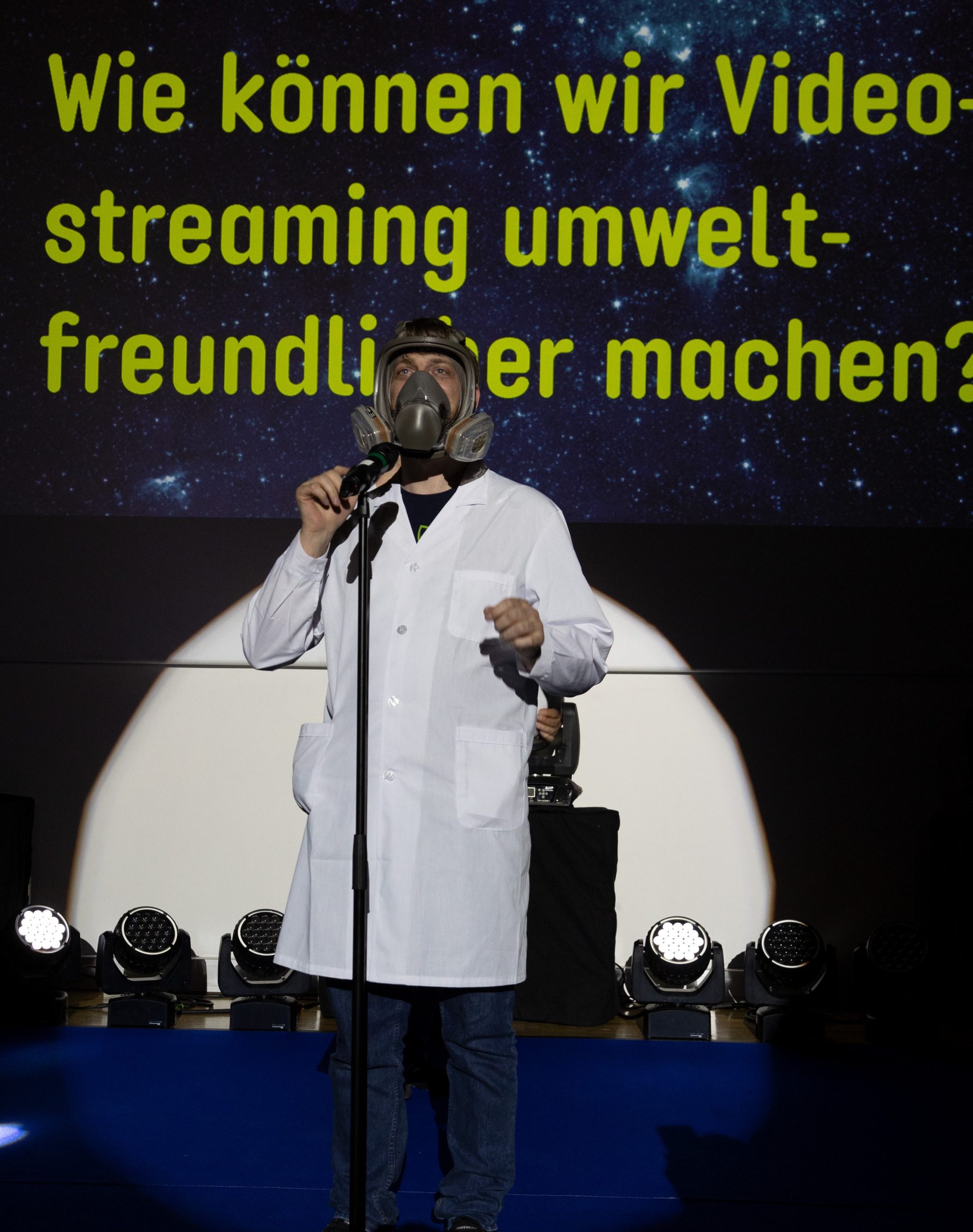

The GAIA (L21) station aimed to raise visitors’ awareness about the energy consumption and environmental impact of video streaming. It demonstrated how modern technologies and a conscious approach to video streaming can positively impact the environment. This station encouraged visitors to contribute to a greener future.


SPIRIT: L22 – A look into the future of virtual presence: What do people look like as 3D point clouds?
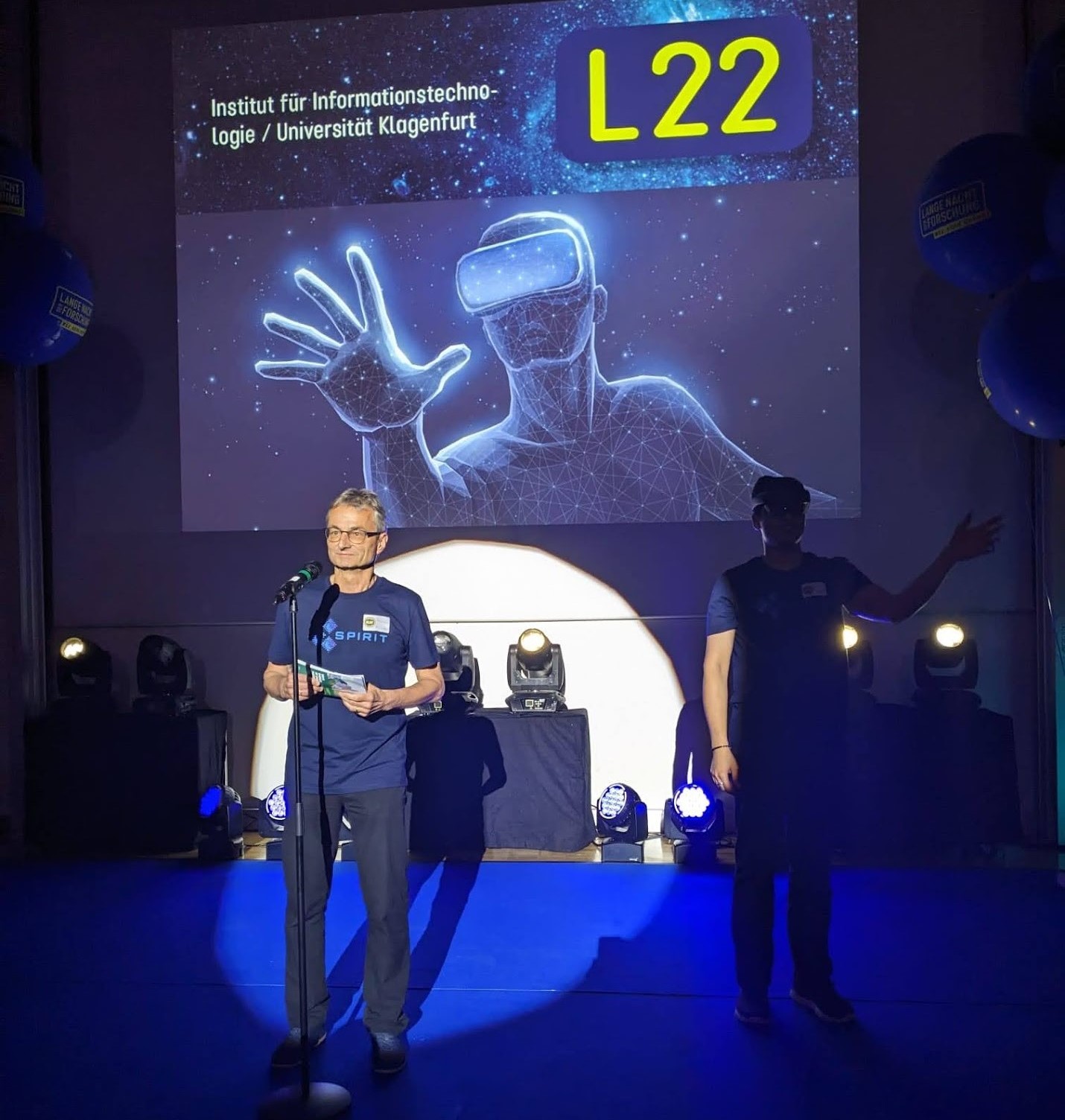
This station transported visitors to the future of communication. SPIRIT (L22) explored immersive telepresence, where people and objects are no longer confined to 2D video tiles but represented as realistic 3D point clouds for VR/AR glasses. Imagine the iconic “holodeck” from Star Trek coming to life! The station showed what such representations might look like, bridging the gap between the physical and virtual worlds.
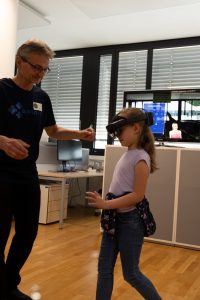
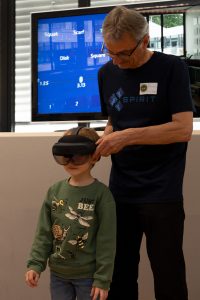
The ATHENA Lab’s stations were a magnet for kids at LNDF! Filled with cool activities and demos, the displays showcasing cutting-edge research kept young minds engaged and curious about the future.

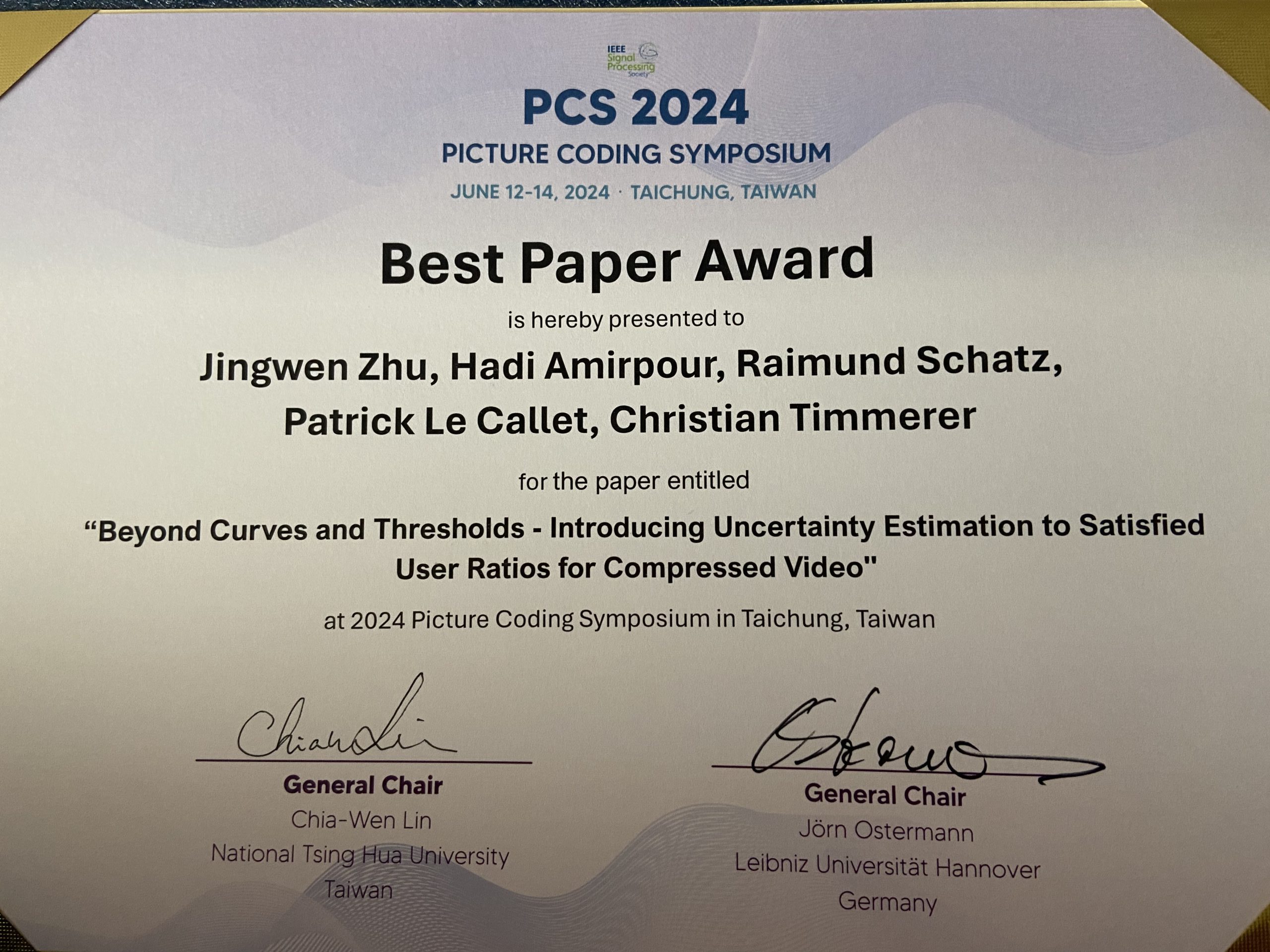

 Biography: Christian Timmerer is a full professor of computer science at Alpen-Adria-Universität Klagenfurt (AAU), Institute of Information Technology (ITEC) and he is the director of the Christian Doppler (CD) Laboratory ATHENA (
Biography: Christian Timmerer is a full professor of computer science at Alpen-Adria-Universität Klagenfurt (AAU), Institute of Information Technology (ITEC) and he is the director of the Christian Doppler (CD) Laboratory ATHENA ( Samira Afzal is a postdoctoral researcher at Alpen-Adria-Universität Klagenfurt, Austria, and in collaborating with Bitmovin. Before, she was a postdoctoral researcher at the University of Sao Paulo, researching deeply on IoT, SWARM, and Surveillance Systems. She graduated with her Ph.D. in November 2019 from the University of Campinas (UNICAMP). During her Ph.D., she collaborated with Samsung on a project in the area of mobile video streaming over heterogeneous wireless networks and multipath transmission methods in order to increase perceived
Samira Afzal is a postdoctoral researcher at Alpen-Adria-Universität Klagenfurt, Austria, and in collaborating with Bitmovin. Before, she was a postdoctoral researcher at the University of Sao Paulo, researching deeply on IoT, SWARM, and Surveillance Systems. She graduated with her Ph.D. in November 2019 from the University of Campinas (UNICAMP). During her Ph.D., she collaborated with Samsung on a project in the area of mobile video streaming over heterogeneous wireless networks and multipath transmission methods in order to increase perceived